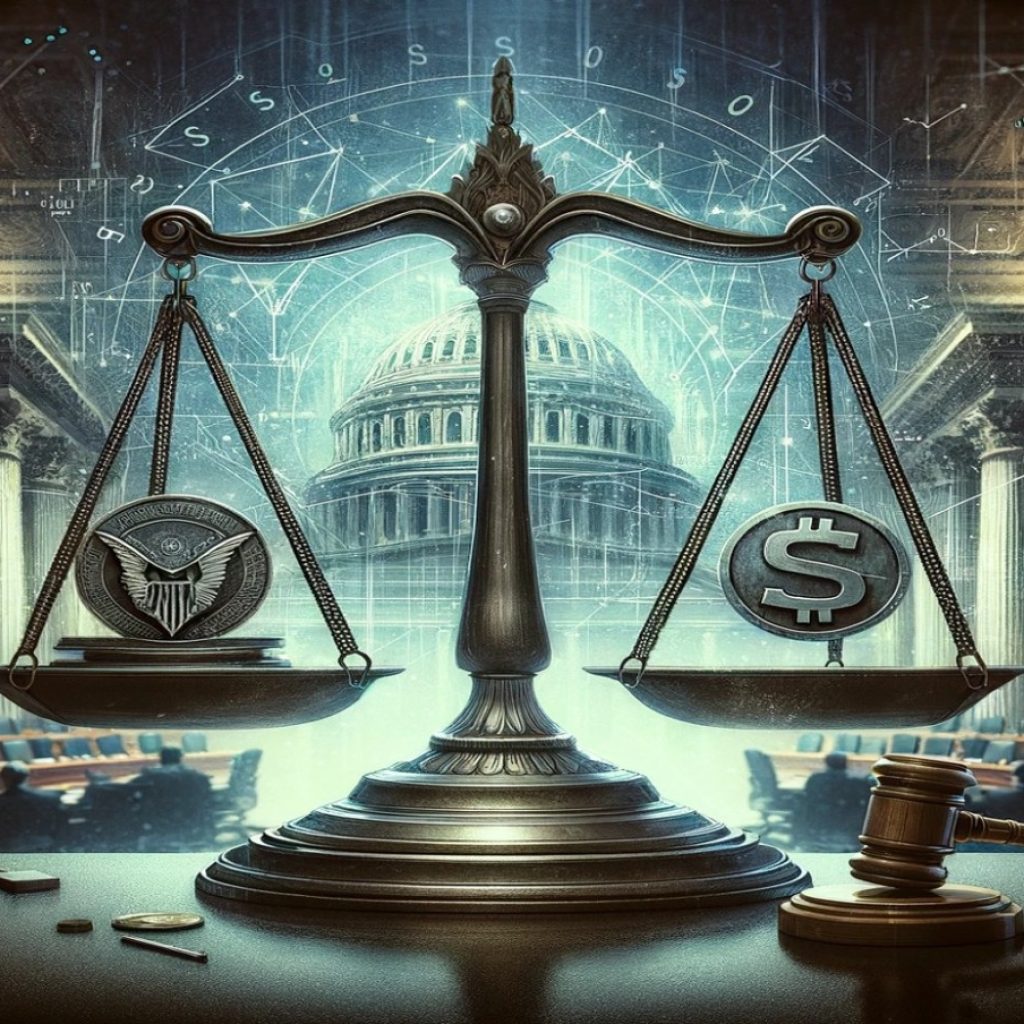Tensions are mounting, and the world is watching closely. At the heart of it all? The ever-present complexities between the U.S. and Iran. As the volatile situation between Israel and Hamas threatens to spiral, Washington’s unease over Tehran’s potential involvement is palpable.
The Intricacies of Back-Channel Talks
The White House isn’t taking this lightly. National Security Advisor Jake Sullivan has been quietly navigating treacherous diplomatic waters, trying to ensure that Iran doesn’t add fuel to an already blazing fire.
While the world’s attention is gripped by the chaos in Gaza Strip, Sullivan is proactively reaching out to Iran, cautioning restraint. But can Iran be trusted to stay out? With their ties to Hezbollah, the Lebanon-based militia group, there’s always a shadow of doubt.
Qatar, an unsung mediator, is once again playing a pivotal role. Tasked by the U.S. to deliver a stern message to Hezbollah, the stakes couldn’t be higher. For those in the know, it’s no surprise.
Qatar has emerged as a discreet messenger between the U.S. and nations where direct dialogue is, at best, challenging. Its influence is amplified given its hosting of Hamas’s political office.
U.S. Secretary of State Antony Blinken, not to be outdone, is on a relentless mission across the Middle East. His aim? Rope in Arab governments to quell the escalating situation.
Even China isn’t spared from his calls, with Blinken urging Beijing to exert its influence in the region for peace.
On the Brink: Israel and the Threat of a Wider Conflict
Israel is on the edge. After a deadly attack from Hamas earlier this month, they’re ready to strike back hard. With thousands of Palestinian lives lost in the crossfire, there are genuine fears of an impending humanitarian disaster.
However, Israel remains steadfast. To them, this is their 9/11 moment, a chance to cripple Hamas’s hold over the Gaza Strip, even if the path is littered with casualties.
And where does Iran fit into this complicated puzzle? It’s no secret that Tehran has been the backbone for both Hamas and Hezbollah, providing funds and arms.
Their declaration of the “axis of resistance” against Israel’s actions is a clear challenge, with Iran’s Foreign Minister Hossein Amirabdollahian implying that Israel’s actions in Gaza could plunge the region into uncontrollable chaos.
As Israel beefs up its defenses on its northern border with Lebanon and Syria, all indications point to a nation bracing for a multi-front conflict. Hezbollah, with its vast arsenal capable of reaching Israel’s heartland, remains a significant concern.
The scars of the month-long war in 2006 are still fresh, and the U.S.’s move to deploy warships to the eastern Mediterranean is as much a show of support for Israel as it is a deterrent for Iran.
For the U.S., it’s more than just about supporting an ally. President Joe Biden has been vocal in his stand, offering unwavering support to Israel while extending a hand to the Palestinians for humanitarian relief in Gaza.
However, his criticism of Palestinian militants for using innocent civilians as human shields is biting.
European leaders aren’t far behind in their efforts. France’s President Emmanuel Macron is at the forefront, engaging regional leaders to prevent the situation from exploding further. The European Union, too, is slated to jump into crisis discussions.
However, the real concern for many is the potential involvement of Iran. Regional governments, especially in the Gulf, are apprehensive. With tensions rising, the specter of a broader conflict looms large.
Israel, while focused on the south, is wary of getting embroiled in a double-theater war. The stakes? Nothing less than the possible destruction of Lebanon if Hezbollah launches an attack.
In conclusion, as the world watches and waits, the intricate dance between the U.S. and Iran continues. The restlessness is justified, and with so much at stake, one can only hope that diplomacy prevails over destruction.






